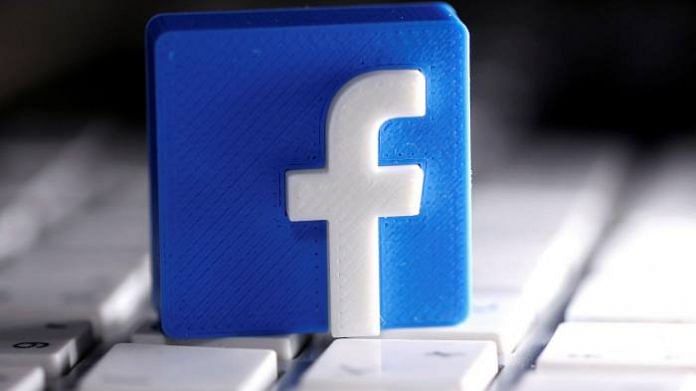What would happen if Facebook disappeared tomorrow? Would people suddenly be unable to communicate online? Would the economy screech to a halt? Would anyone be deprived of a good, service or piece of information that was somehow crucial to their existence?
Of course not. Which is why the one of the company’s main arguments against a breakup — that it’s too big and complex to dismember — makes no sense.
Some companies play such an important role in the economy or in people’s lives that their failure or disintegration could be disastrous. This allows them to drive a hard bargain with the government if they get into trouble: Help us, or else. During the 2008 financial crisis, for example, the government had little choice but to rescue the largest U.S. banks, lest their demise bring down the country’s whole system of credit and payments. In this sense, they were “too big to fail” — and they have grown even bigger since.
It’s easy to see why people might place Facebook in a similar category. It’s big, among the largest companies in the world by market capitalization — thanks in large part to the pace at which it has vacuumed up the competition, with the blessing of U.S. authorities. With more than 200 million users in the U.S. alone, it definitely plays a role in a lot of people’s lives —so much so that it has aggravated the country’s divisions by enticing people to delve ever deeper into conspiracy theories about vaccines, Covid-19 and much else.
So what would happen if, as a result of the antitrust suits filed by the Federal Trade Commission and state attorneys general, a court ordered Facebook to split up, reversing its acquisitions of WhatsApp and Instagram? The company’s lawyers argue that the various businesses have become so inextricably interwoven that a breakup would be extremely difficult, generating costs and chaos that would harm users worldwide. In other words, don’t mess with us, or else.
Really? No doubt, the breakup would be difficult for Facebook’s managers, who rely on data sharing among WhatsApp, Instagram, and Facebook to create the most complete possible profiles of users and then sell their attention to the highest bidder. If the companies were separated, all the investment they’d been making into surveillance and targeting wouldn’t immediately work out as well as they had hoped. For them, the product is the advertising, not the service to users.
For users, though, there would hardly be a difference. Most try to ignore the advertising anyway — or occasionally get creeped out when they see an ad for a product they’d been researching elsewhere. They’re primarily there for the content from celebrities and their friends, or to communicate through group chats and messaging systems. The apps are already separate icons on their computers and phones.
Even in the highly unlikely event that all three apps somehow failed, it’s hard to imagine consumers suffering much. They have plenty of other ways to reach each other, such as Twitter, Zoom and email. Given the role Facebook has played in polarizing society, there might even be some upside. – Bloomberg
Also read: Why breaking up Facebook’s monopoly is more difficult than it seems



